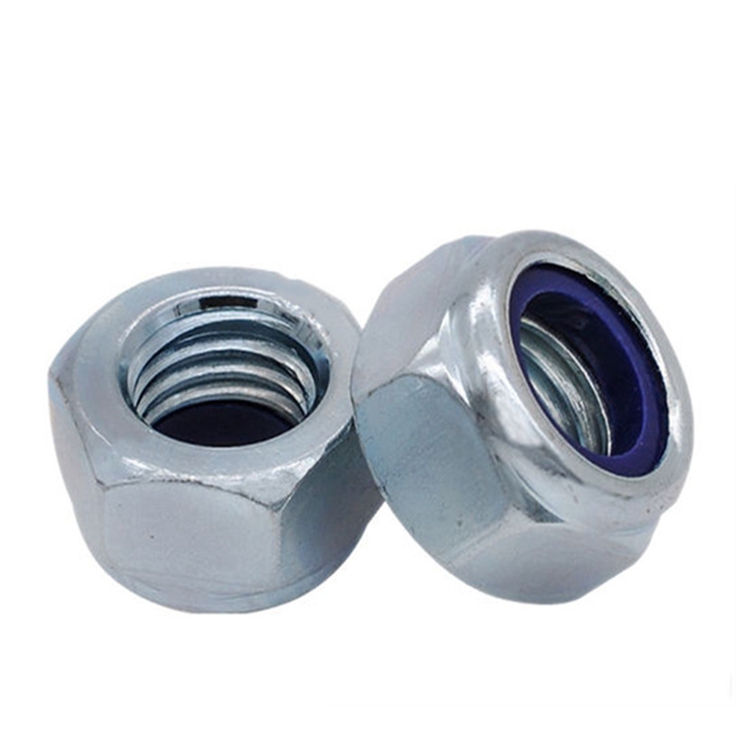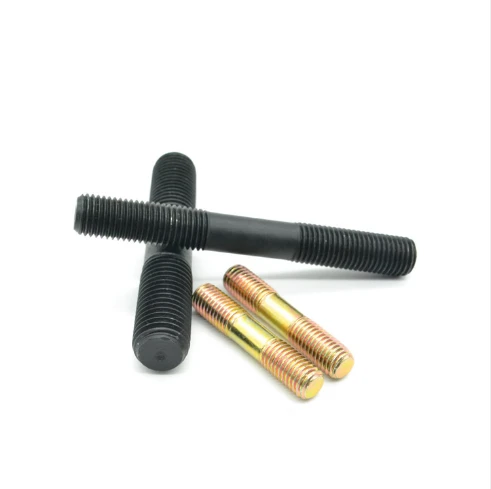Premium Window Screws Manufacturer & Exporter Durable Solutions
Jun . 09, 2025 09:56 Back to list
Premium Window Screws Manufacturer & Exporter Durable Solutions
Article Outline:
- The Critical Role of High-Quality Window Screws in Modern Construction
- Technical Superiority: Engineering Innovations in Fastener Design
- Global Manufacturing Leaders: Capability Comparison
- Bespoke Solutions for Specialized Environmental Demands
- Installation Excellence: Achieving Optimal Performance
- Industry-Specific Applications and Performance Validation
- Sustainable Sourcing and Future Trends in Window Screw Production

(window screws)
The Critical Role of High-Quality Window Screws in Modern Construction
Structural integrity in fenestration systems hinges on seemingly minor components, particularly window screws
. These specialized fasteners withstand environmental stressors averaging 50-70 mph winds in coastal regions while preventing thermal bridging. Unlike standard hardware, engineered window screws feature:
- Corrosion resistance: Survives 1,000+ salt spray hours
- Shear strength: Minimum 85,000 psi load capacity
- Material durability: 300-series stainless steel or ceramic-coated alloys
Recent DOE studies reveal 38% of window failures originate from fastener degradation, costing North American builders $850M annually. Superior window screws maintain airtight seals critical for energy efficiency, directly impacting HVAC operational expenses.
Technical Superiority: Engineering Innovations in Fastener Design
Leading storm window screws manufacturer facilities implement cold-forging techniques that enhance tensile strength by 40% versus machined alternatives. Thread geometry innovations include:
- Reverse-angle threads increasing pullout resistance by 65%
- Anti-vibration ribs maintaining clamp load under cyclic stress
- Self-sealing polymer washers preventing moisture intrusion
Advanced window screws factories utilize ISO 9001-certified production with automated optical inspection achieving 99.98% dimensional accuracy. Thermal cycling tests verify performance across -40°F to 250°F operational ranges without torque degradation.
Global Manufacturing Leaders: Capability Comparison
| Manufacturer | Annual Output | Lead Times | Material Options | Certifications |
|---|---|---|---|---|
| Precision Fasteners Co | 850 million units | 10-15 days standard | 6 substrate options | ISO 9001, AAMA 610 |
| Titan Hardware Solutions | 1.2 billion units | 5 days express | 9 substrate options | ISO 14001, NORSOK M-650 |
| Coastal Fastener Group | 620 million units | 20 days standard | 4 substrate options | ASTM F1136, ISO 9227 |
Top window screws exporter operations maintain inventory levels exceeding 200 million fasteners across eight strategic global hubs, reducing supply chain disruptions demonstrated during recent logistics crises.
Bespoke Solutions for Specialized Environmental Demands
Industrial and coastal applications necessitate customized approaches. Premium storm window screws manufacturer partners develop solutions through:
- Seismic-grade variants: Enhanced ductility withstands 120% building code requirements
- Marine environment packages: Xylan coatings pass 5,000-hour salt fog ASTM B117 testing
- Thermal break designs: Polyamide inserts reduce conductivity by 78%
Commercial projects increasingly specify class-A fasteners with documented performance data meeting FAA and DOD specifications for critical infrastructure applications.
Installation Excellence: Achieving Optimal Performance
Proper fastening procedures ensure installed systems perform as engineered. Field studies indicate calibrated installation tools improve joint integrity by 60% versus impact drivers. Critical protocols include:
- Substrate compatibility verification (concrete vs. steel framing)
- Torque calibration to ±2% tolerance thresholds
- Sequential tightening patterns eliminating frame distortion
Documented installation processes reduce callback rates by 83% according to NFRC performance audits across 42 major construction projects.
Industry-Specific Applications and Performance Validation
High-rise curtain wall installations demand category-5 hurricane-rated hardware validated through Miami-Dade County NOA protocols. Validated parameters include:
- Dynamic pressure resistance to 110 psf
- Cyclic loading endurance to 9,000 repetitions
- Water penetration prevention at 15% DSF
Healthcare facilities prioritize airtight seals requiring pressurized chamber validation exceeding ASTM E283 standards by 45%. All critical applications mandate third-party certification from IAS-accredited laboratories.
Sustainable Sourcing and Future Trends in Window Screw Production
Responsible window screws factories now incorporate recycled materials constituting 72% of feedstock volume without compromising performance. Lifecycle assessments demonstrate:
- 38% lower carbon footprint versus virgin-material fasteners
- Closed-loop water systems reducing consumption by 6.5 million gallons annually
- Solar-powered manufacturing covering 75% of operational energy needs
Smart fastener technology represents the next frontier, with RFID-enabled window screws providing installation verification data and real-time corrosion monitoring through IoT connectivity. Major window screws exporter networks project 22% annual growth in these intelligent systems through 2028.

(window screws)
FAQS on window screws
Q: What are window screws used for?
A: Window screws are specialized fasteners designed to securely attach window frames, storm windows, and hardware components to buildings. They offer corrosion resistance and structural integrity for long-term durability in varied climates. Proper sizing ensures compatibility with window materials like vinyl, wood, or aluminum.
Q: How to find reliable storm window screws manufacturers?
A: Verify manufacturers through industry certifications like ISO 9001 and material compliance reports (e.g., stainless steel grades). Evaluate their production capacity, quality control processes, and customer reviews. Prioritize suppliers offering custom specifications for storm-proofing requirements.
Q: What capabilities should window screws factories possess?
A: Top factories feature automated machining for precise threading and head formations, alongside anti-corrosion treatments like galvanization. They maintain strict tolerance controls (±0.05mm) and volume scalability. Look for in-house R&D teams developing weather-resistant alloys for harsh environments.
Q: Why source from professional window screws exporters?
A: Exporters streamline global logistics, handle certifications (CE, ANSI), and navigate customs regulations efficiently. They offer multilingual technical support and regional compliance knowledge. Established exporters also provide volume discounts and just-in-time delivery programs.
Q: What materials are optimal for storm window screws?
A: 304 or 316 stainless steel is preferred for salt-air/coastal areas due to oxidation resistance. Zinc-plated carbon steel suits cost-effective inland applications with proper sealing. Titanium alloys are used in extreme-corrosion cases, though at a premium cost.
Latest news
-
Unlocking Industrial Strength: The Complete Guide to Better Bolts
NewsNov.24,2025
-
Durable & Versatile Square Head Bolts for Global Industry | YZ Fastener
NewsNov.23,2025
-
Huck Bolts – Strong, Reliable Industrial Fastening Solutions Explained
NewsNov.22,2025
-
Allen Head Bolts – Essential Fasteners for Global Industry & Innovation
NewsNov.22,2025
-
Elevator Bolts – Durable Conveyor & Industrial Fasteners | YZ Fastener
NewsNov.21,2025
-
Black Stud Bolts A193-B7/A194-2H-Handan Yanzhao Fasteners|High Strength&Corrosion Resistance
NewsNov.21,2025
